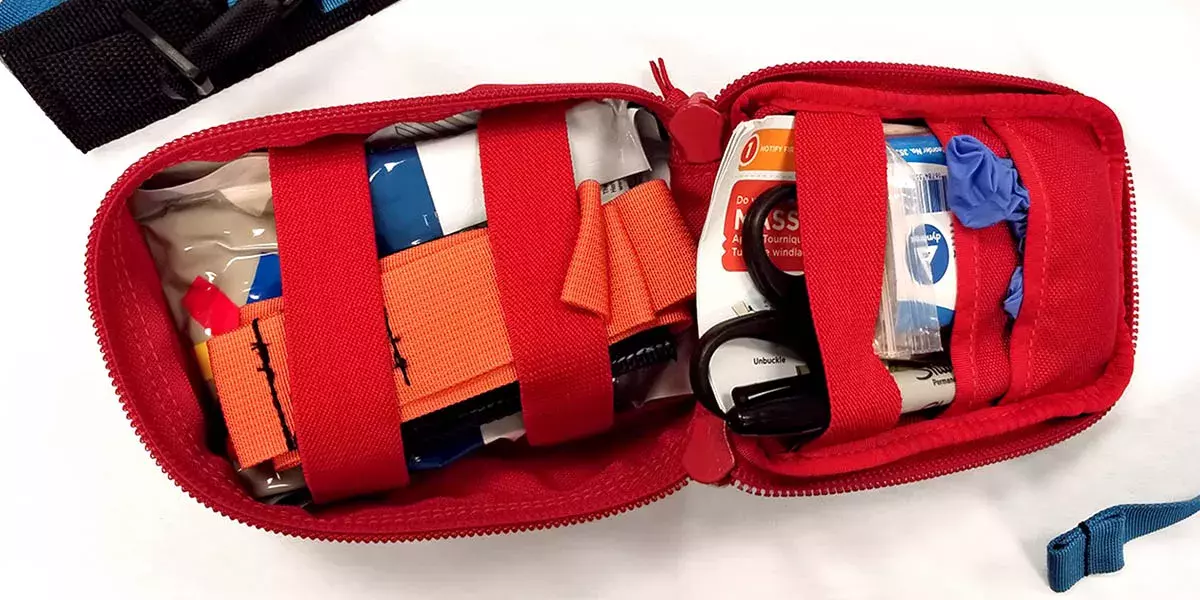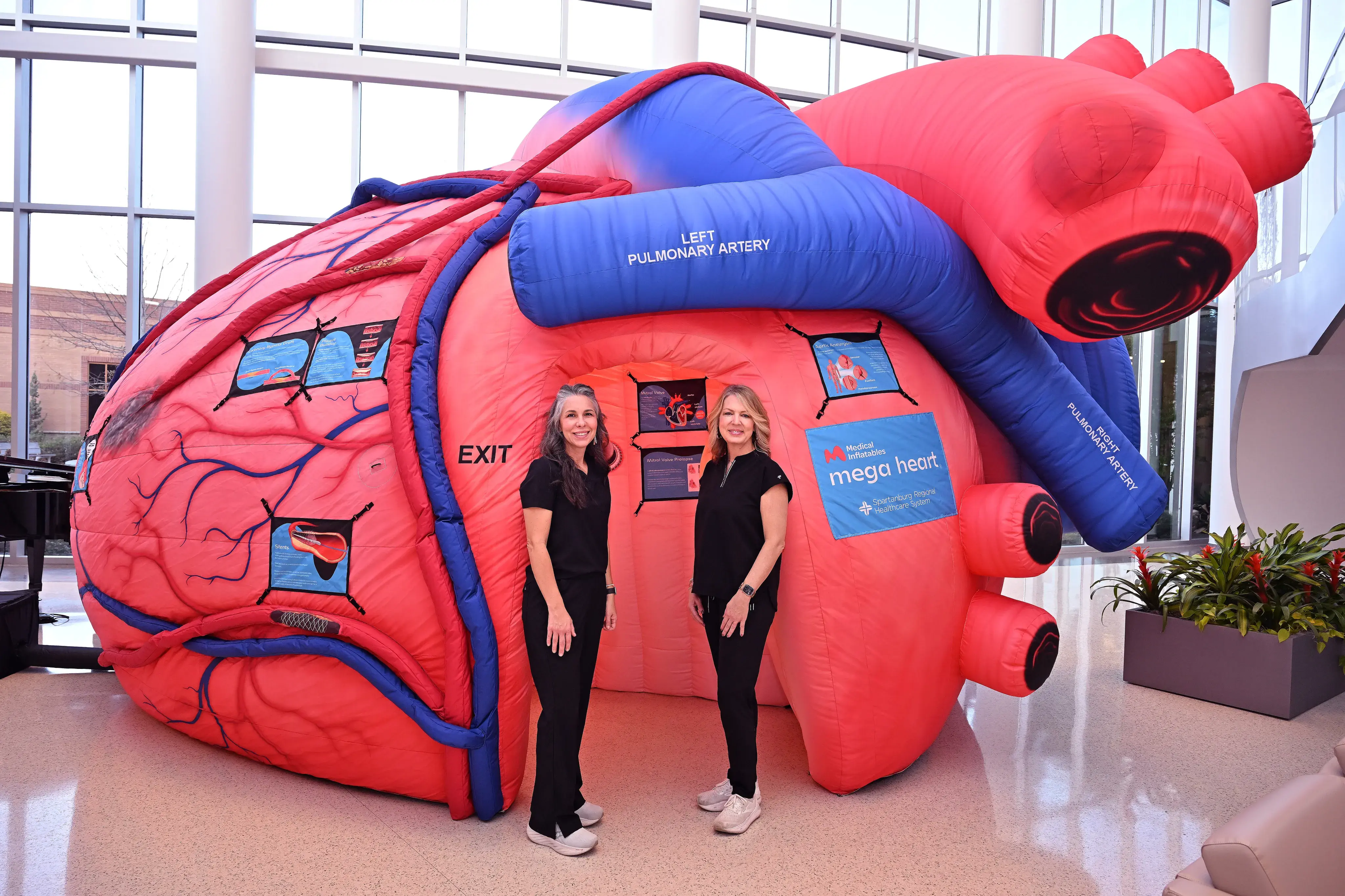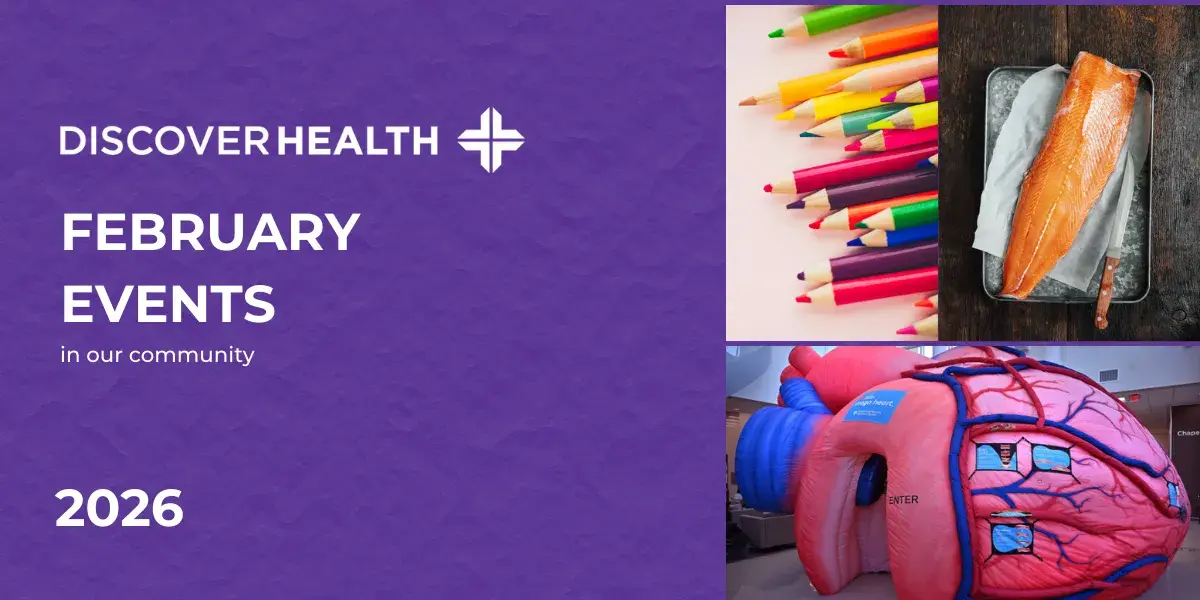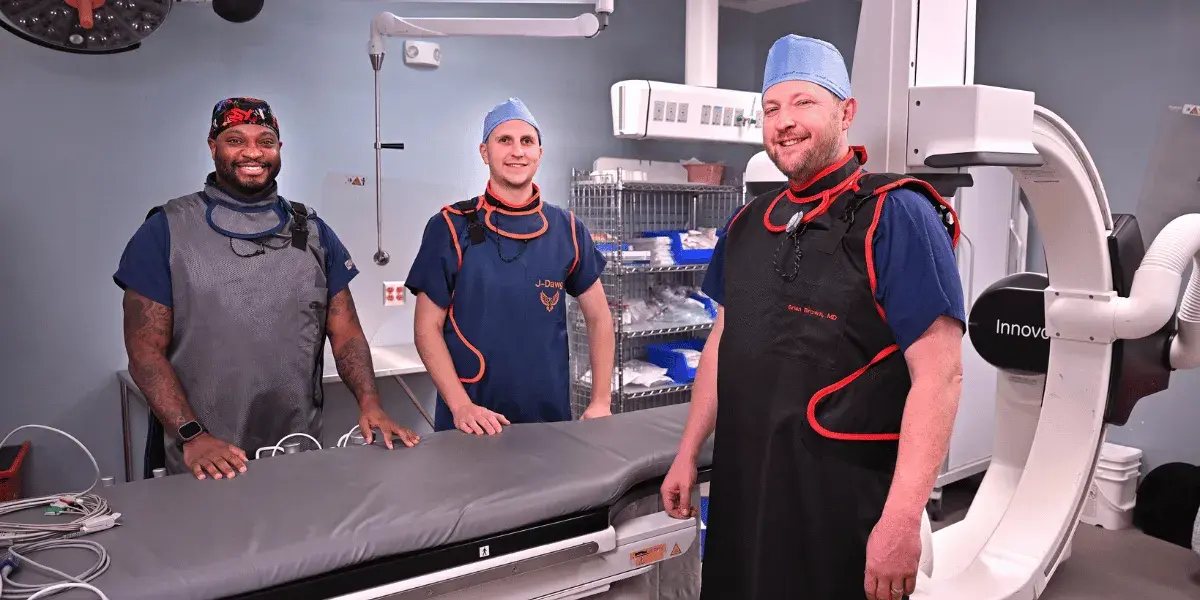
National Stop the Bleed Day teaches life-saving techniques
As a member of the trauma department at Spartanburg Medical Center, I read articles on the best way to care for patients who experience trauma on a weekly basis.
More and more frequently, I find myself reading about acts of violence around the country and how trauma departments are responding to these situations.
With trauma patients, many patients die from blood loss, which is called exsanguination. We know that many times exsanguination is preventable. Lives can be saved if someone is able to find the source of bleeding and stop it.
It is because of this that the Bleeding Control, or B-Con, course was established. B-Con is a hands-on interactive course designed with everyone in mind. The course was created by the American College of Surgeons in collaboration with the medical community, the federal government, the National Security Council, the military, the FBI, and governmental and nongovernmental emergency medical response organizations.
Spartanburg Medical Center's Trauma Services Department, along with our dedicated medical staff, have trained more than 900 teachers, 650 students and 180 instructors on how to identify and stop bleeding since June 2017.
In the event of a traumatic situation, B-Con provides anyone with the skills needed to control a life-threatening bleed.
First responders do an amazing job, yet we know they aren't always first on the scene. The immediate responders, such as those who witnessed the injury, play a vital role in the survival of someone who has a bleeding injury.
The average human has approximately 5.5 liters of blood circulating through their body at all times — that's a little over a gallon. Depending on the severity of the injury, an individual can die from blood loss in as little as three to five minutes.
The time between the notification of the emergency response team and its arrival is extremely valuable. The actions immediate responders take during this time are crucial to whether a victim lives or dies.
These skills can be applied anytime there is a bleeding wound, such as a motor vehicle crash, hunting incident, farming or industrial mishaps, sporting injuries, falls and any other instance where one has a bleeding wound.
March 31 is the first-ever National Stop the Bleed Awareness Day. The more people who have and will apply this information, the safer our community will be. Join Spartanburg Medical Center's Department of Trauma at WestGate Mall from 2 to 4 p.m. on Friday, March 30, or 10 a.m. to 3 p.m. on Saturday, March 31, to learn the same skills taught in our B-Con courses.
You do not need to be in the medical field to save a life. You do not need to be someone with a military background. You do need to take action.
If you are interested in a B-Con course at your school or organization, please contact me at tmack@srhs.com












